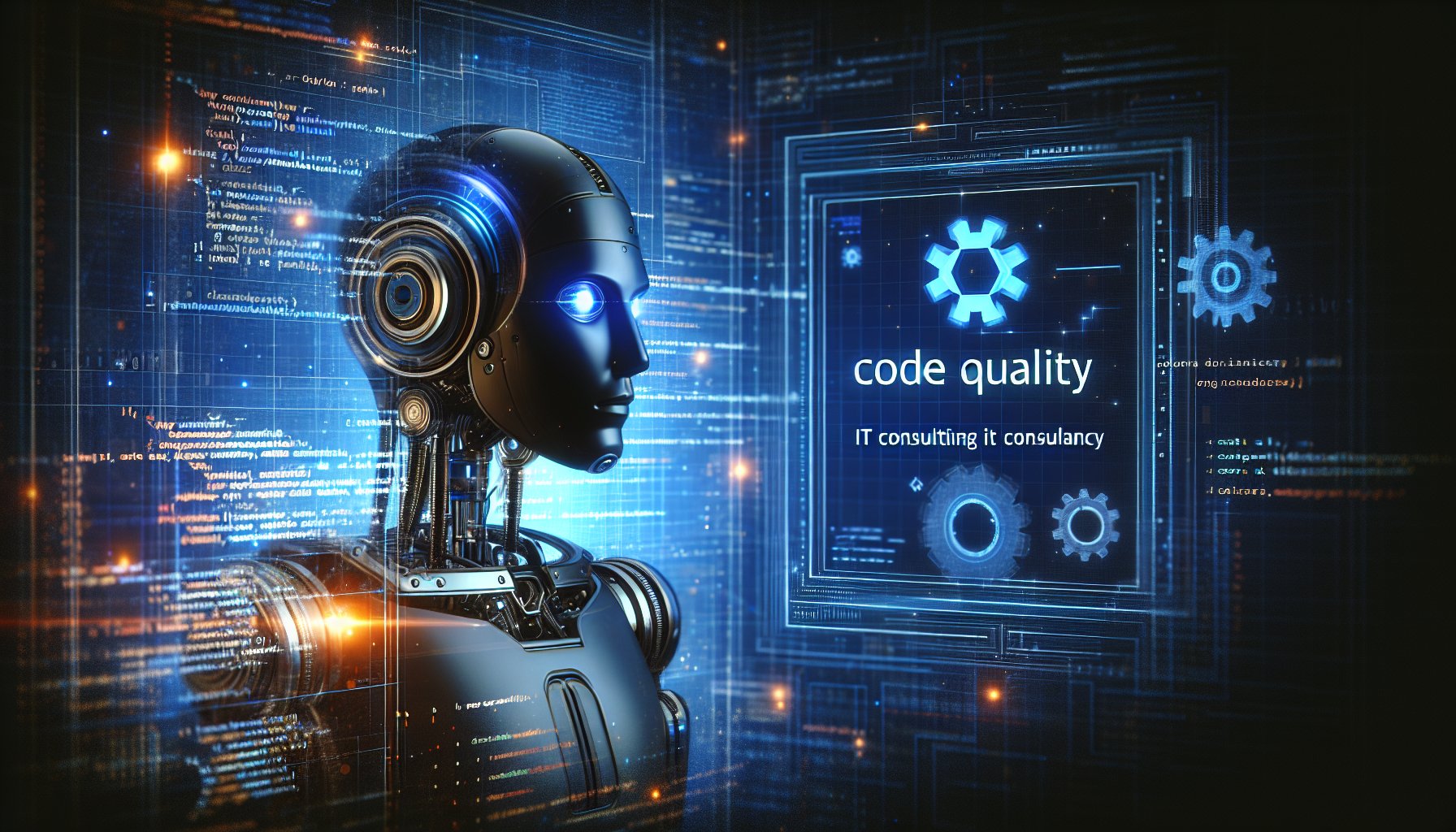Introduction
As software development continues to evolve at an unprecedented pace, the importance of maintaining superior code quality has never been more crucial. With the rise of AI-powered coding, continuous integration, and DevOps practices, ensuring that your codebase is clean, efficient, and future-ready is paramount. Let's delve into the latest practices and tools that can elevate your code quality to new heights in 2025 and beyond.
Embrace Continuous Integration and DevOps
In today's fast-paced development landscape, Continuous Integration (CI) and DevOps have become fundamental practices, ensuring code quality by facilitating frequent integration and early bug detection. Leveraging CI/CD pipelines, developers can integrate their changes in real-time, allowing for immediate feedback on the quality and impact of their code.
Static Code Analysis: Your First Line of Defense
Static Code Analysis tools have undergone a significant evolution, powered by the advancements in AI and machine learning. Today's tools, like SonarQube and CodeClimate, offer comprehensive analysis, providing insights into potential bugs, code smells, and security vulnerabilities. By integrating these tools into your CI/CD pipeline, you can identify and address issues early, enhancing code quality and reducing remediation costs.
Example: Static Code Analysis with SonarQube
# Sample configuration in Jenkins pipeline for SonarQube
stage('SonarQube analysis') {
steps {
script {
scannerHome = tool 'SonarQube Scanner 4.6';
}
withSonarQubeEnv('My SonarQube Server') {
sh "${scannerHome}/bin/sonar-scanner"
}
}
}
Automated Testing: The Game-Changer
Automated testing, a key component of DevOps and Agile methodologies, is a game-changer when it comes to maintaining code quality. With the rise of test-driven development (TDD), writing tests has become as crucial as writing the code itself. Modern frameworks like Jest for JavaScript and PyTest for Python allow developers to write a broad spectrum of tests, including unit, integration, and functional tests, ensuring each piece of code performs as intended.
Example: Unit Testing with Jest
// Sample Jest test for a simple add function
test('adds 1 + 2 to equal 3', () => {
expect(add(1, 2)).toBe(3);
});
Code Reviews: Learning and Improving Together
Code reviews have become a standard practice in modern development workflows. They not only help in identifying bugs and improving code quality but also foster knowledge sharing and collective code ownership. Using platforms like GitHub or Bitbucket, developers can easily comment on, discuss, and improve each other's code, enhancing overall code quality and team productivity.
Conclusion: Staying Ahead of the Curve
As the world of software development continues to evolve, maintaining superior code quality is no longer optional. It's a necessity. Embrace continuous integration, leverage static code analysis tools, adopt automated testing, and foster a culture of code reviews. By doing so, you'll not only enhance the quality of your code but also ensure that your software is robust, efficient, and future-ready.
